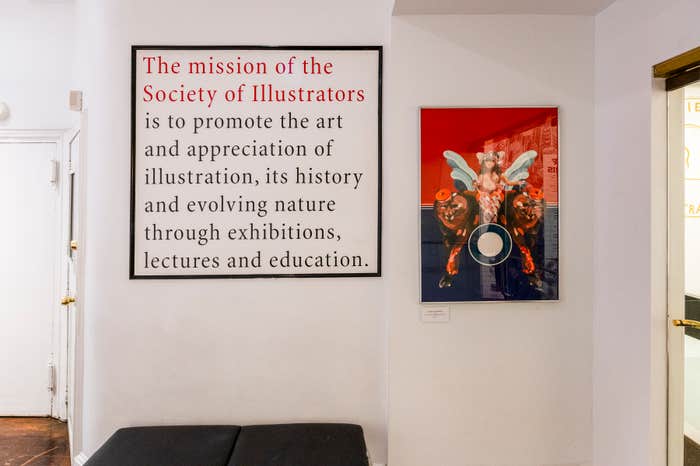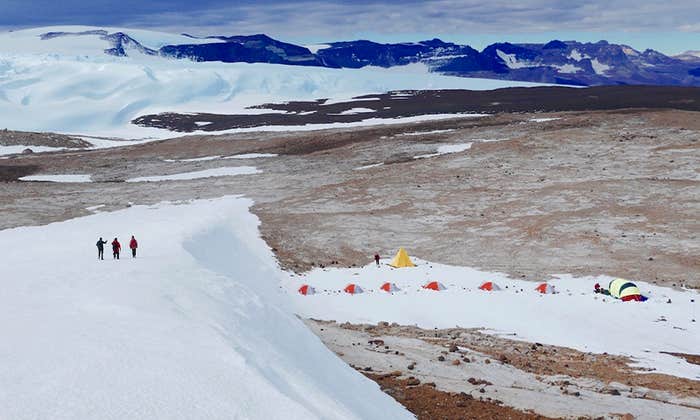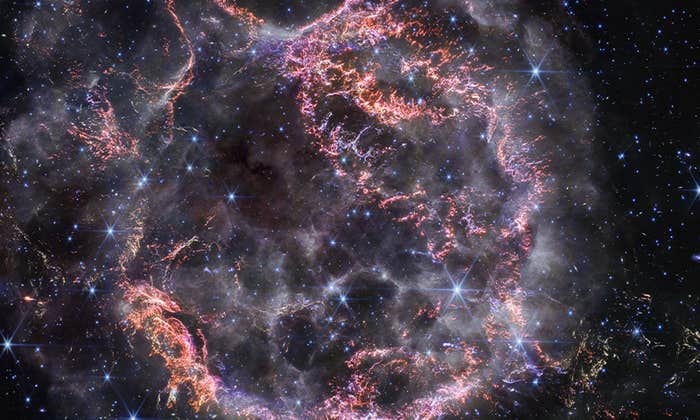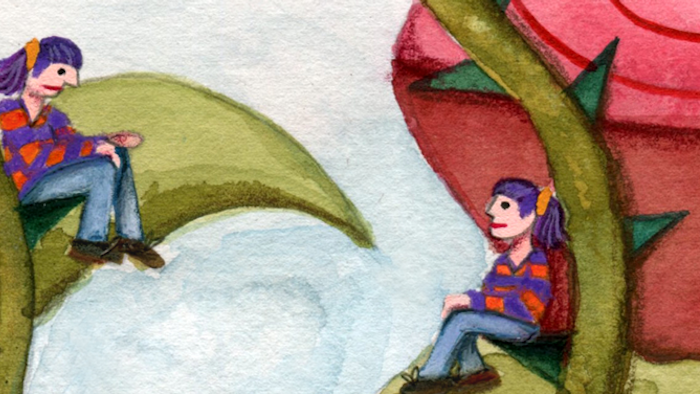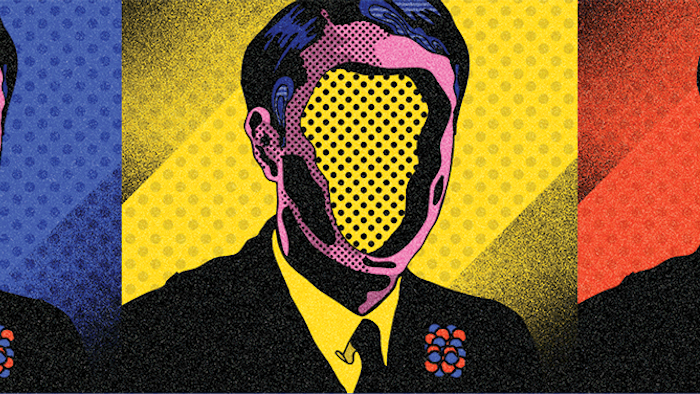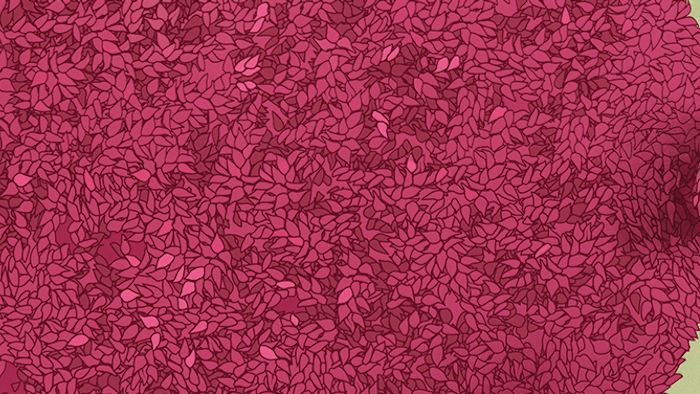General
49 articles-
Protected: How to Thwart Internet Scams
There is no excerpt because this is a protected post. -
If Oaks and Orchids Could Talk
Lucas Gutierrez wants to turn plant frequencies into a language humans can understand -
Celebrating the Relationship Between Science and Illustration
A conversation with Society of Illustrators executive director Arabelle Liepold -
The Extraordinary, Imperiled Science at the End of the Earth
Firing experts in Antarctica couldn’t come at a worse time -
Breaking a Cycle of Apocalypse
John Larison’s new novel The Ancients suggests some societies are built for cataclysm -
An Earthy Fallen Star
The strange mushroom that puffs life into forests around the world. -
Inside an Exploded Star
Cassiopeia A gets a close-up. -
Automatic for the Oceans
A rock trio on the rise is raising environmental awareness. -
Join Nautilus Live—Get the Truth About Sun Exposure
Join us at noon on Monday, June 9, when editor in chief Michael Segal will host a live video chat with award-winning journalist and NYU professor, Jessica Seigel about her latest Nautilus piece, “America Is Getting the Science of Sun Exposure Wrong.” Nautilus Members enjoy an ad-free experience. Log in or Join now . There […] -
Forest for the Trees—Why We Recognize Faces & Constellations
A Ganado-style Navajo rugNational Park Service Nautilus Members enjoy an ad-free experience. Log in or Join now . For many thousands of years, and across cultures around the world, symmetry has been seen as beautiful. The mirror-image accuracy of the Parthenon is seen also in the Taj Mahal and the geometric patterns of traditional Navajo […]
-

The Universe, Expanding Symmetrically and Eternally
Nautilus Members enjoy an ad-free experience. Log in or Join now . Two months ago, we learned of landmark evidence bolstering the theory of inflation, a period very soon after the Big Bang when the Universe expanded at a terrific rate, stretching out and smoothing its lumps, and making it remarkably consistent on large […]
-
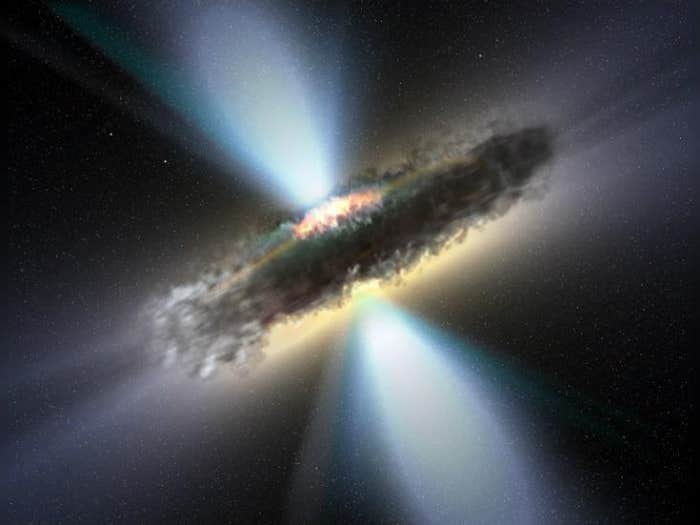
“White Holes” Could Exist—But That Doesn’t Mean They Do
Nautilus Members enjoy an ad-free experience. Log in or Join now . A black hole is a one-way door to oblivion. According to general relativity, once anything crosses its boundary—the event horizon—it cannot return to the outside. For that particle, the black hole is the entire future.We’ll never actually get a chance to see […]
-

“We Are Visual Animals, Driven By Images”
The head of the Max Planck Society discusses the science of creative visualization.
-
How to Learn to Love Your Doppelganger
Hallucinating yourself can be both a symptom and a tool. -
He Gave Away $30 Million Because It Felt Good
James Doty just may embody the altruism he studies. -
The Disappearing Physicist and His Elusive Particle
He ushered symmetry into theoretical physics, then vanished without a trace. -
The Sacred, Spherical Cows of Physics
Theoretical physics milks symmetry to power its newest tool. -
Impossible Cookware and Other Triumphs of the Penrose Tile
Infinite patterns that never repeat have moved from fantasy to reality.

















